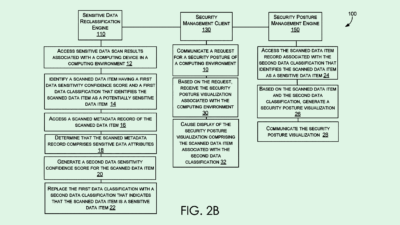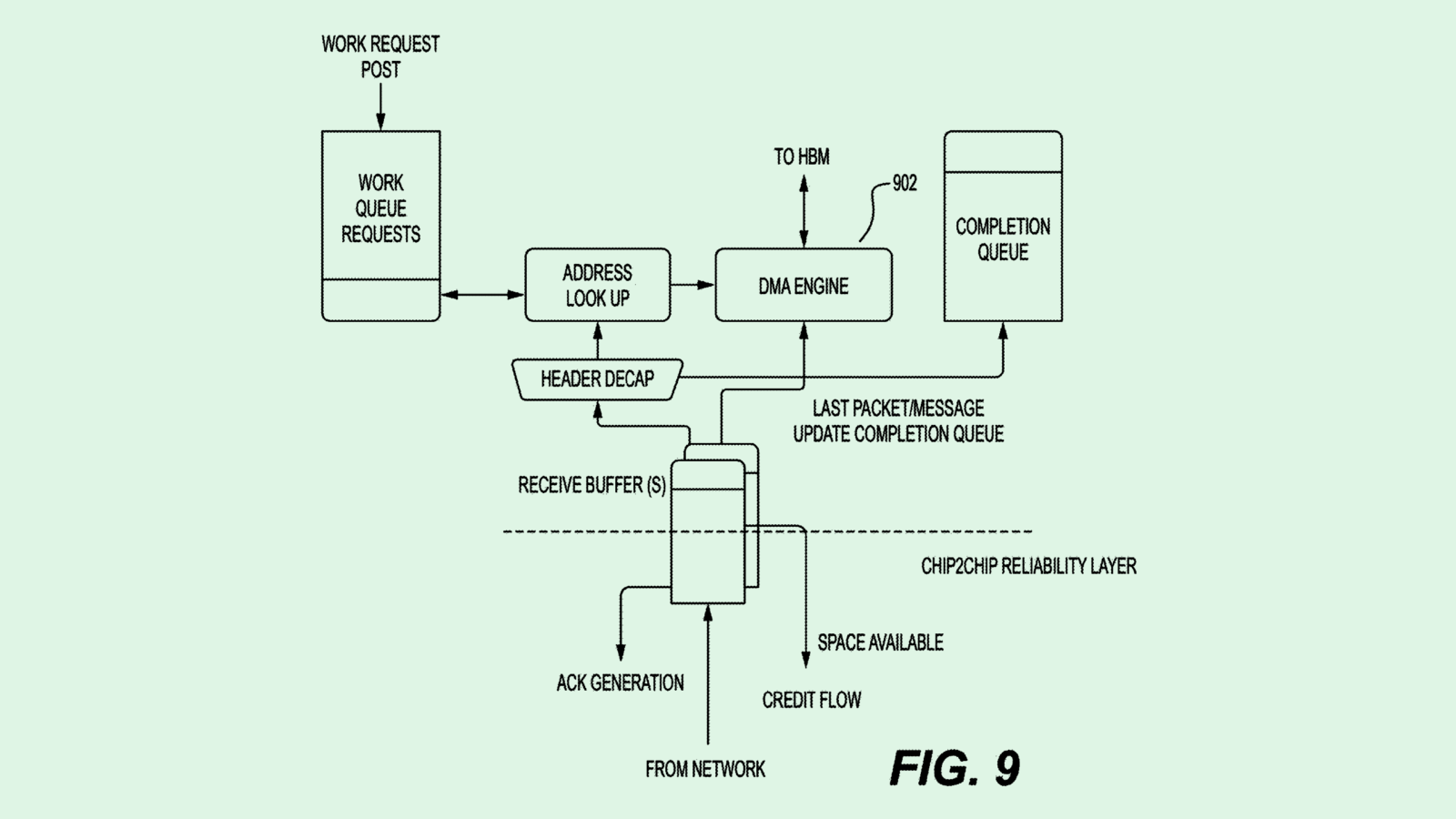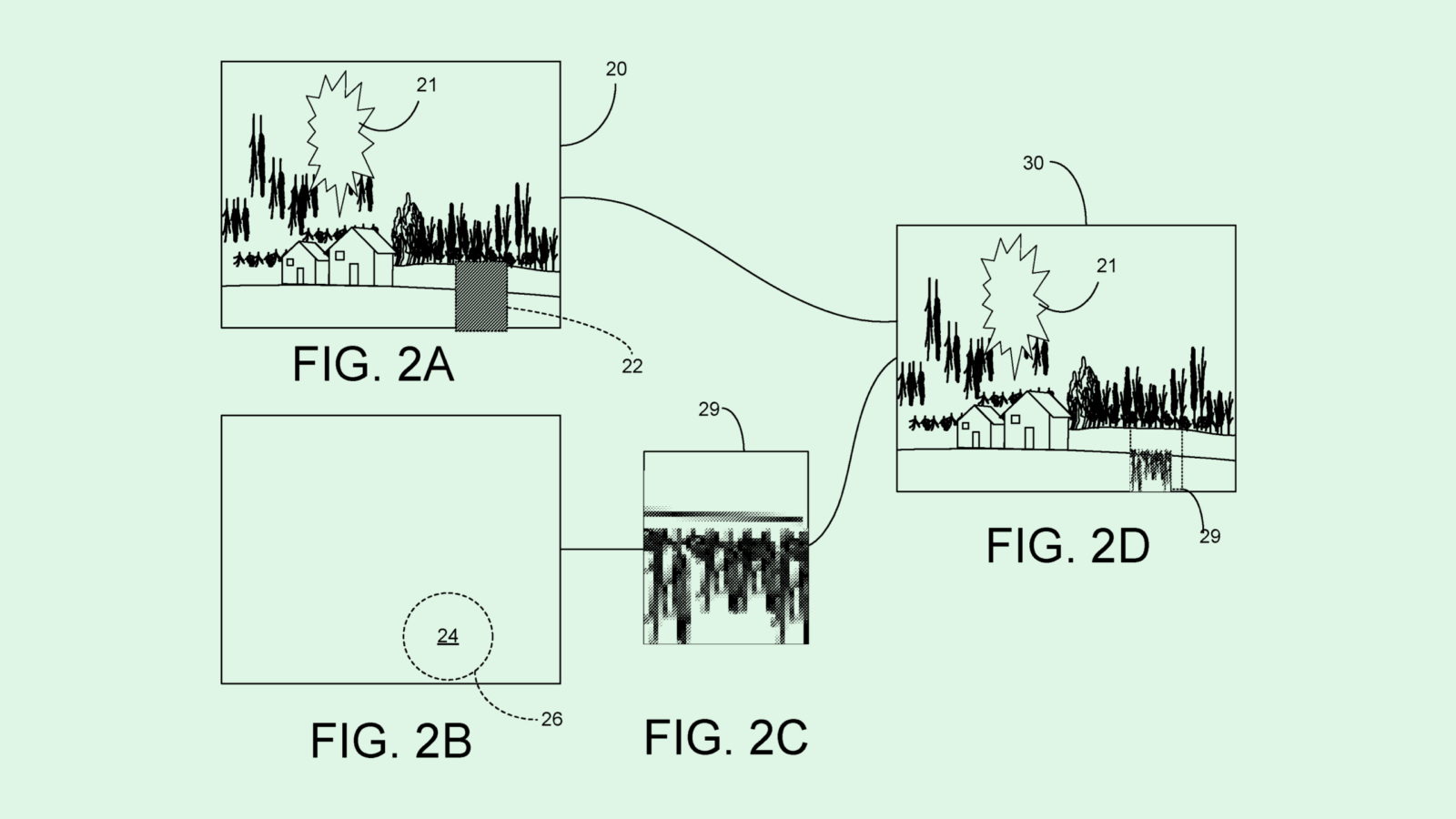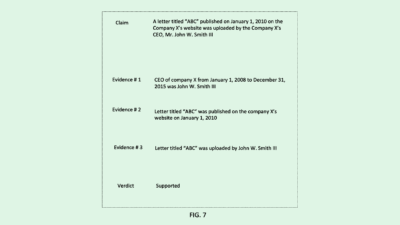Roku Patent Could Make Ads Better Without Violating User Privacy
Roku wants its previews to make you feel the same way the movie does.
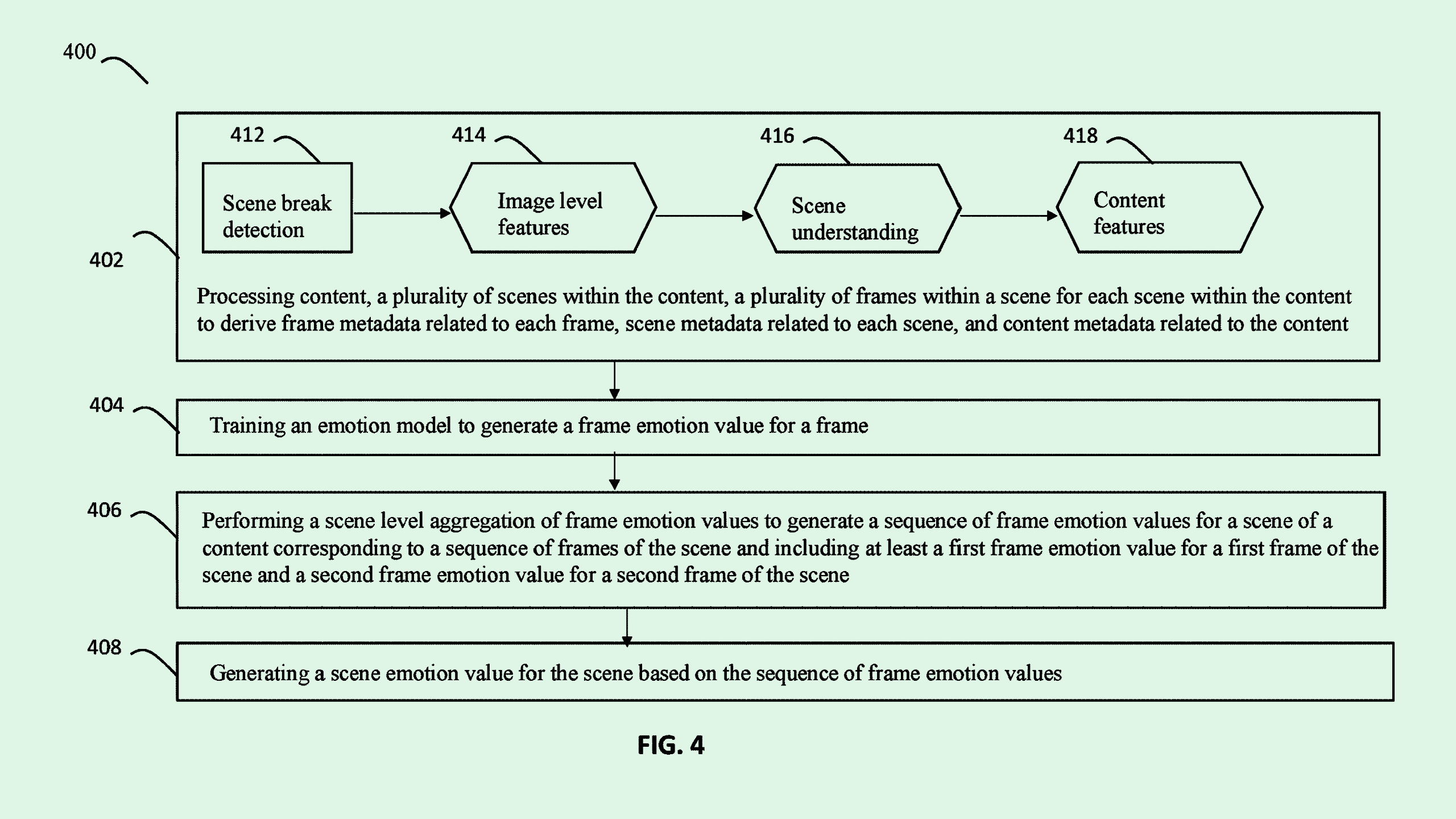
Sign up to uncover the latest in emerging technology.
If a movie makes your heart beat faster, Roku may want your ads to do the same.
The entertainment company wants to patent a system for “emotional evaluation of contents” to guide ad placements. As the title suggests, Roku’s tech tracks the emotions displayed in a scene to place ads that match those emotions.
“Current preview clips do not consider emotion understanding of the contents,” Roku noted in the filing. “Users may watch a preview clip or trailer of a content with an expectation of emotional connection.”
Roku’s tech works by generating a “scene emotion value” based on the emotions displayed in each frame of the scene. The emotion of each frame is judged based on a metadata relating to the scene, the content and the frame itself. This metadata can include a wide variety of “ancillary information” such as the who created the content (writers, directors, actors, etc.), summaries and chapters of the content, visual information such as color contrast and brightness, and descriptions, reviews and related content.
All of that metadata is fed to what Roku calls an “emotion model” to calculate these emotional values. Finally, “an advertisement can be displayed after a scene with a scene emotion value similar to an emotion value of the advertisement,” Roku noted.
For example, if a person is watching a romantic comedy, the ad following it may have the same light-hearted energy. If someone is watching a horror movie, the ad breaks may contain more dramatic or serious previews. Creating previews with the emotional state of the media in mind “can be more meaningful and attractive for user engagement,” Roku noted.
Emotion can be a powerful tool in content advertising. By matching the ad to the emotion that the content is trying to convey, companies stand to create a more engaging experience for the watcher, said Tricia Allen, VP of business development at contextual advertising tech firm Reticle AI.
“Ninety percent of the decisions we make every day are rooted in emotion, whether conscious or subconscious,” said Allen. “For a content producer, the more you can understand that emotional mindset and how people are thinking and feeling the better you can align your messaging.”
Several big tech firms seem to be aware of the power of emotion: Snap has filed a patent for “sentiment classification” that gleans emotional context from user data; Amazon has worked on “sentiment detection” for Alexa; and Microsoft wants to patent a way to offer emotional support via chatbot. But because everyone emotes so differently, AI-based emotional detection has long been the subject of backlash for its inaccuracy.
But Roku’s patent has a key difference: It doesn’t bother trying to measure the emotional state of the users themselves, said Allen. Instead, it’s taking the data that’s already available on the screen to match the content’s emotional energy. This practice could create good contextual advertising without the potential user privacy violation involved in emotion detection – and the dicey privacy issues that digital ads face as a whole.
The invasive nature of hyper-targeted advertising is “the reason people hate advertising to begin with,” said Allen. But by using the emotion displayed in the content the user was already watching, “We’ve seen in some cases attention increases by over 20% when you have alignment of content and creative.”
Ad tech that doesn’t rely on user data is about to become a lot more popular as major browsers such as Chrome, Firefox and Safari phase out tracking cookies, she said. Plus, as several major streamers bring in ad-supported tiers, Roku may be looking to emotion as a way to elevate its own commercial breaks.



